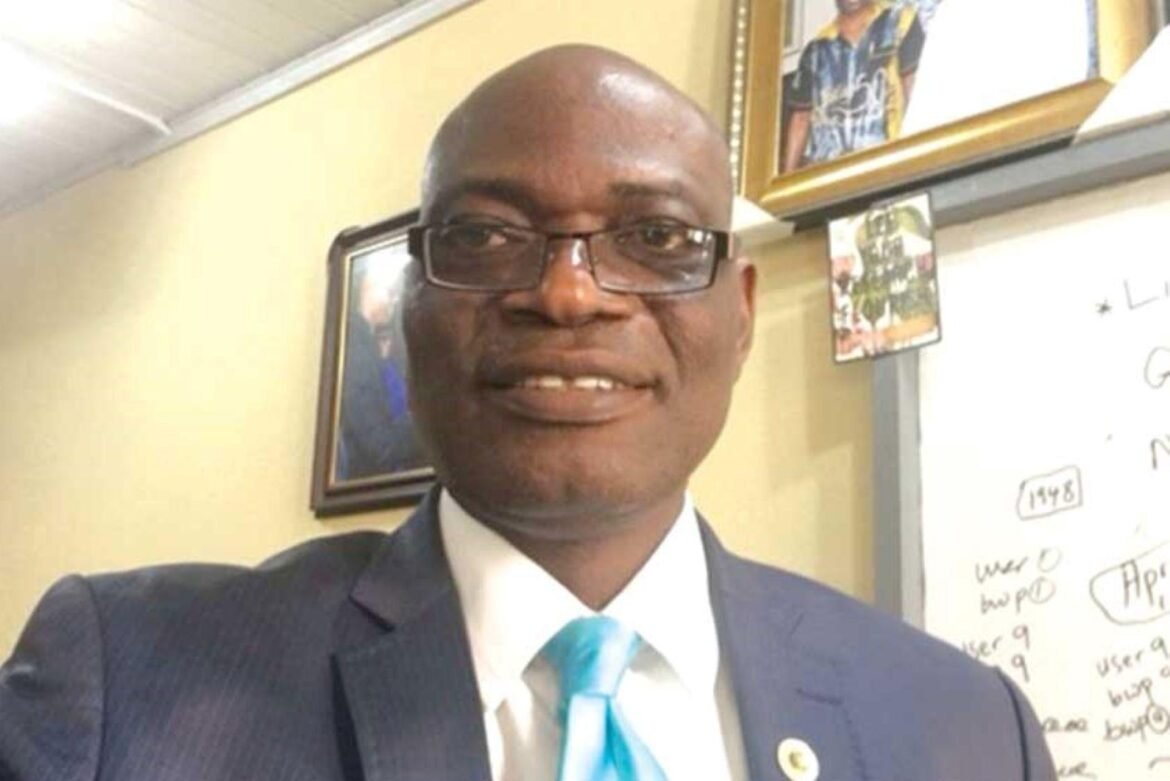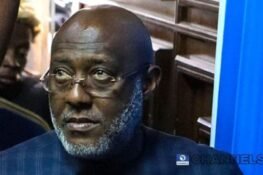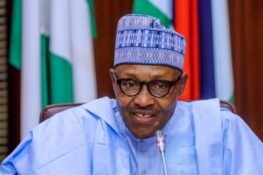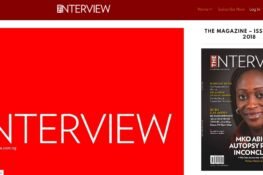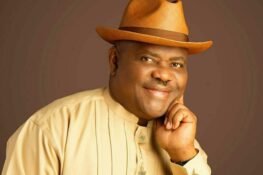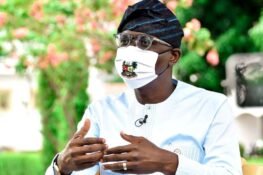The Senate of the University of Lagos (UNILAG) on Wednesday approved January 25, for the resumption of lectures for the 2019/2020 academic session.
The Senate of the university, at its meeting in Lagos, approved a revised academic calendar for the institution.
The resumption notice which is contained in a statement by the institution’s Principal Assistant Registrar, Communications Unit, Mrs. Olufadeke Akinleye, said all lectures would be carried out online.
READ ALSO: ASUU Finally Suspends Strike After 9 Months
According to her, lectures will run for six weeks on the university’s Learning Management System platform before the students commence their examination, also online.
Akinleye urged all students to visit the institution’s website for the details of the revised calendar.
The Academic Staff Union of the Universities (ASUU) had in March 2020, embarked on an indefinite strike nationwide.
The lecturers were agitating for adequate funding of the university system, which was part of agreement reached with the Federal Government in 2009.
They were also calling for the adoption of the University Transparency and Accountability Solution (UTAS) in the place of the Integrated Payroll and Personnel Information System (IPPIS), among others.
The Federal Government had insisted it would only pay lecturers’ allowances with IPPIS but ASUU said it would only agree to UTAS, its home-grown system.
After several meetings and agreements reached between ASUU and the Federal Government, the union suspended its nine-month strike on December 23, 2020.
(NAN)
